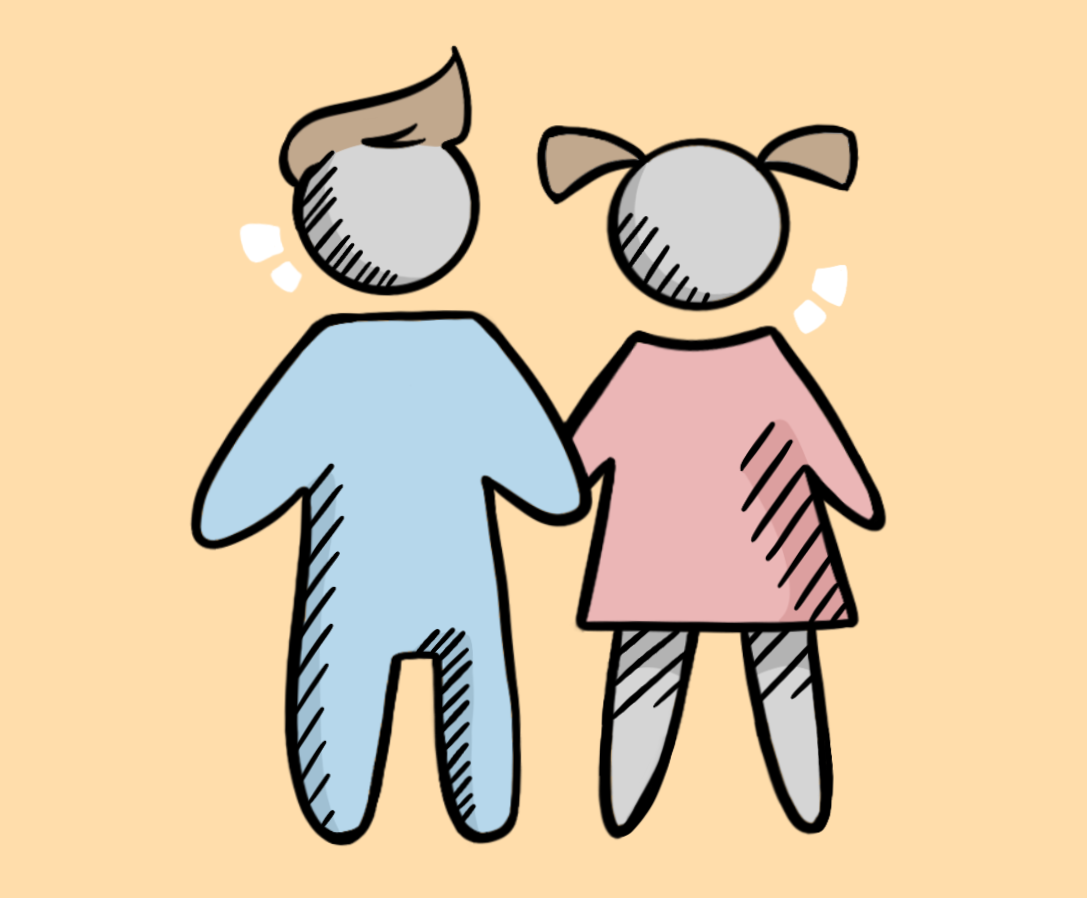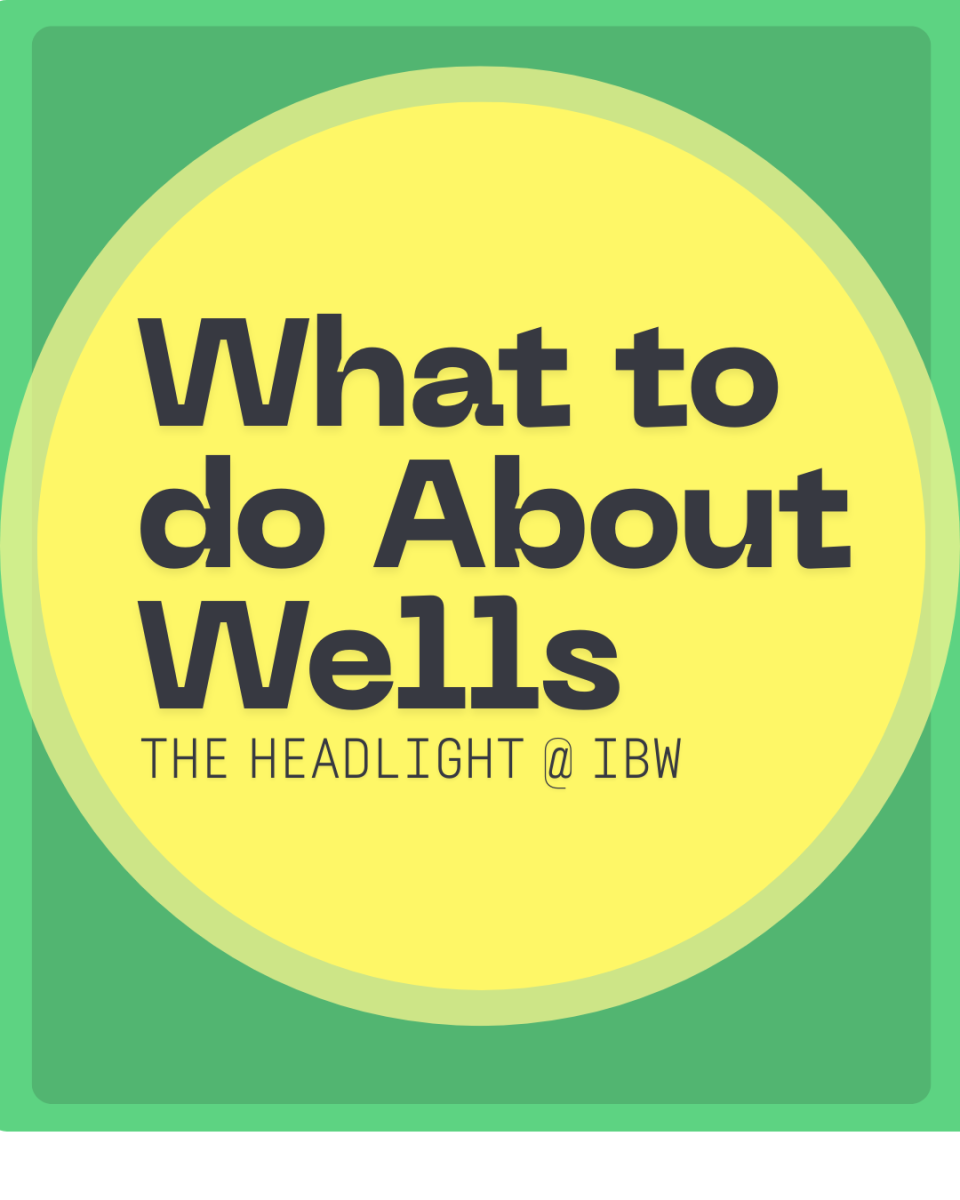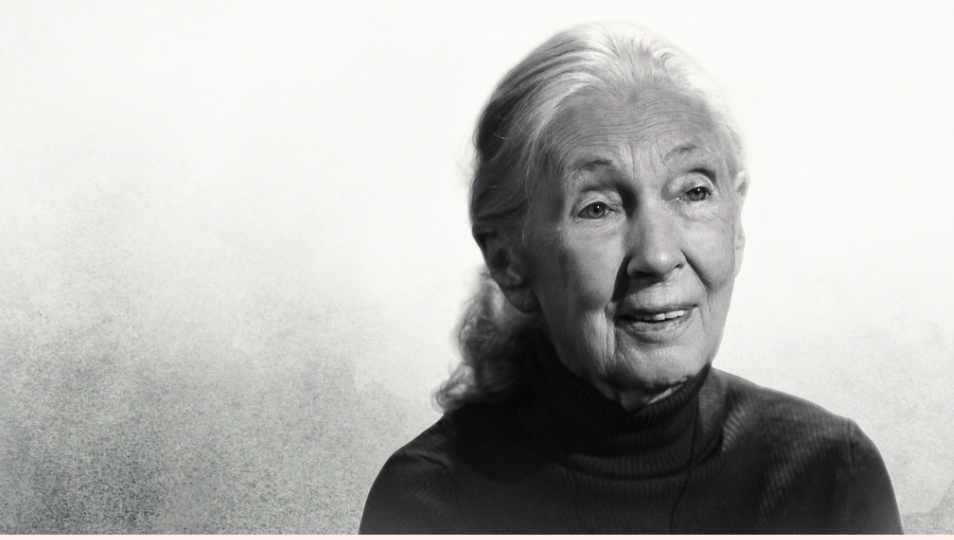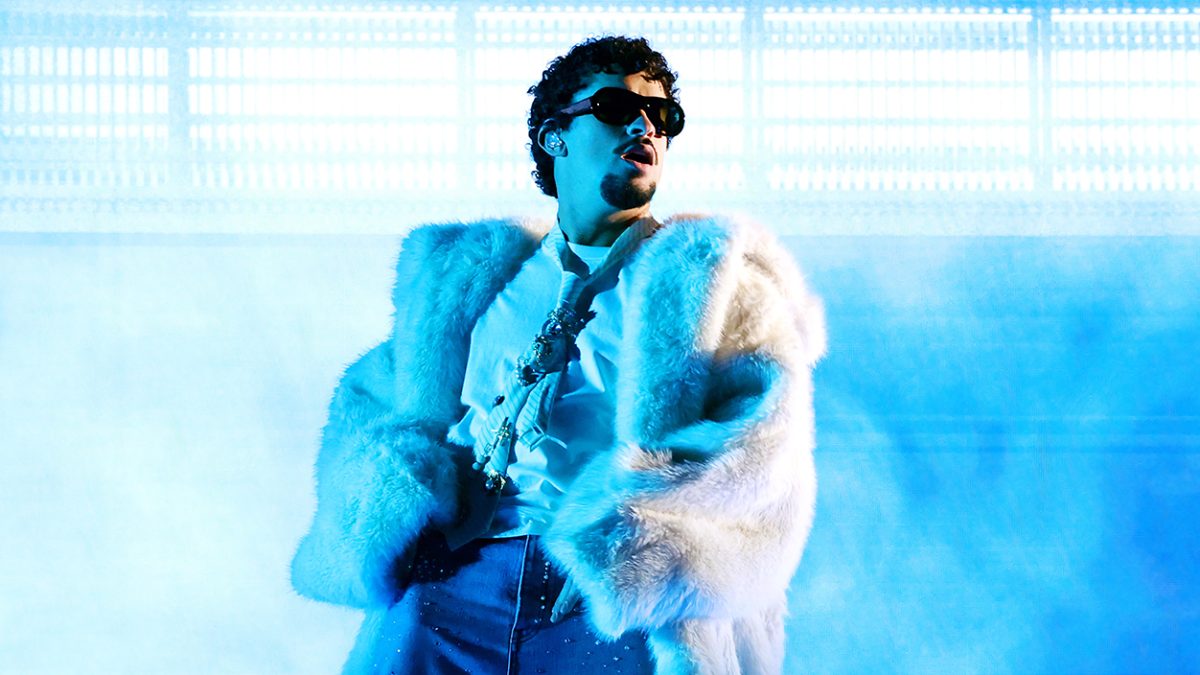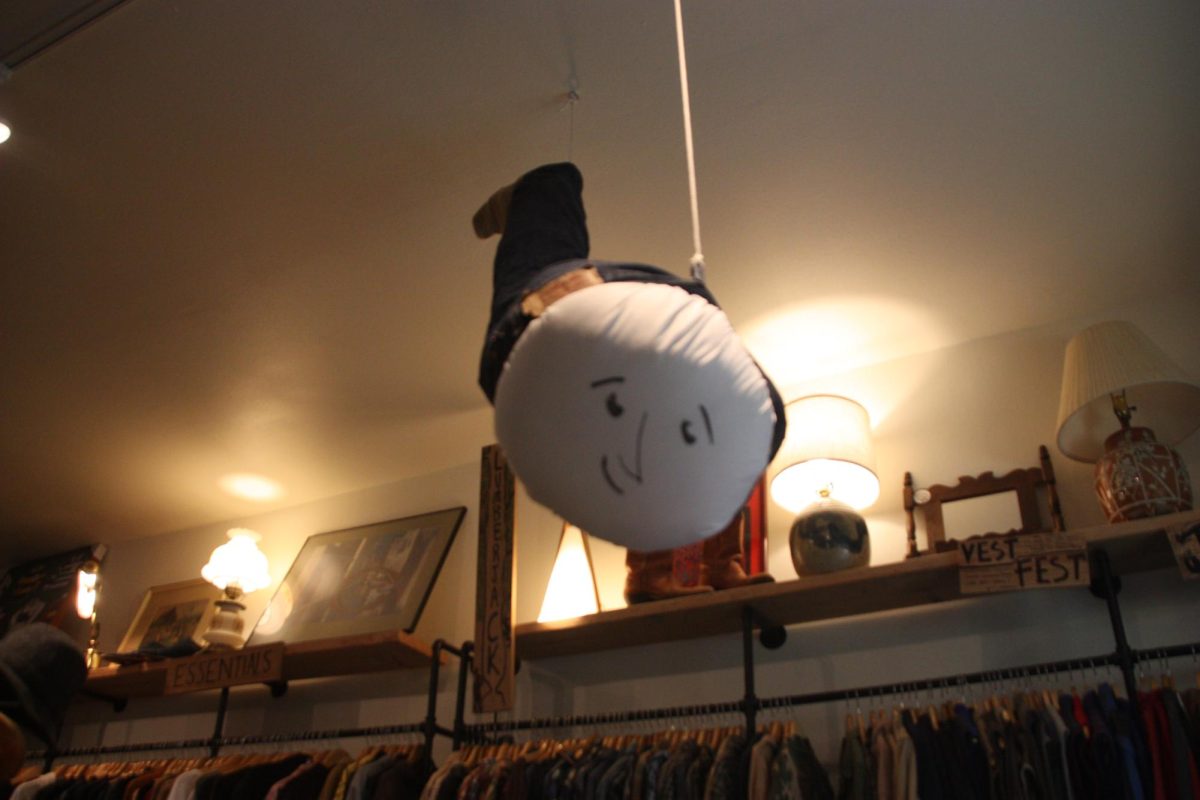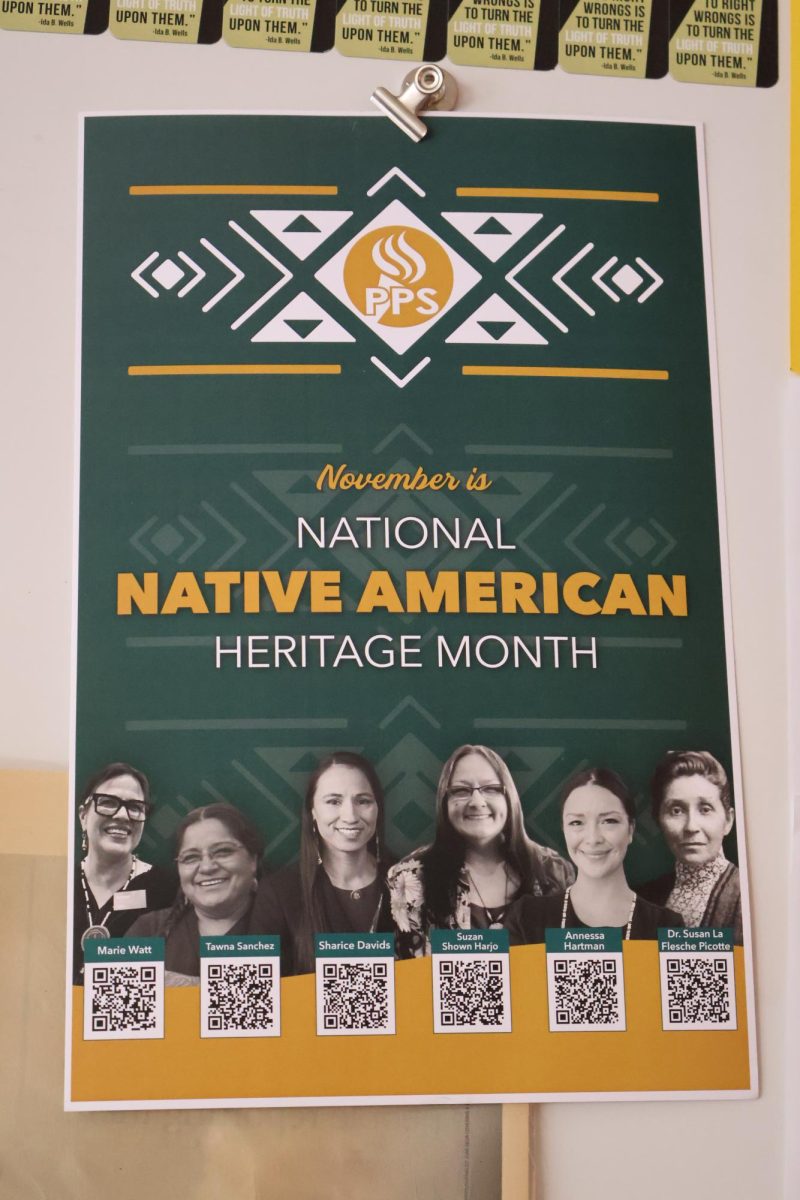This past week, Dylan Mulvaney, TikTok sensation known for documenting her transitioning journey she called her early days of girlhood, released a song that has led to serious outrage from her fans and people alike. The song is titled “Days of Girlhood” and it has crossed the line for some. Many people are arguing that the chorus of the song is dehumanizing to the reality of girlhood and that it comes from a place of privilege in the hands of Mulvaney’s now 1.5 million-dollar net worth. The lyrics to the chorus are such:
People have claimed that these lyrics depict the misogynistic view of girlhood and femininity and that the song is harmful to women who don’t want to be under the guise of retail therapy, prescription meds and one-night stands. Because of the outrage associated with Mulvaney’s new song, some people have begun to use the tune as a means to validate their transphobia.
All over the internet, people have been invalidating Mulvaney’s right to call herself a girl because she has a different perspective of girlhood than they do.
Some people argue that pop stars like Kesha, Selena Gomez, etc. also create songs about explicit experiences. They say that it isn’t uncommon for people to sing about this topic, so why is it only under scrutiny when a trans woman does the same thing?
Since the public outrage, Mulvaney has responded to the criticism. She posted a video of her taking her hormone injections, saying that she takes her hormones on Tuesday and that it’s still scary to this day even though she has been doing it for a while. She discusses how her beard electrolysis causes her face to be swollen, and the day after the procedure she stayed in bed. She explained that the lyrics were about her own experience as a girl (or otherwise transitioning) and not about womanhood as a whole.
Since Mulvaney’s response, people have begun posting videos about how outrageous it was that people assumed that she was making the song about women in general and not just about her own experience, especially since it was obvious that the song was named after the vlogs she did while in the early days of her transition.
With being able to hide behind fake internet personas, it is often easier to say things you wouldn’t say in person. Mulvaney’s song was never meant to be seen or interpreted as misogynistic, but people were looking for an excuse to voice their transphobic opinions, they just used this song as collateral.



